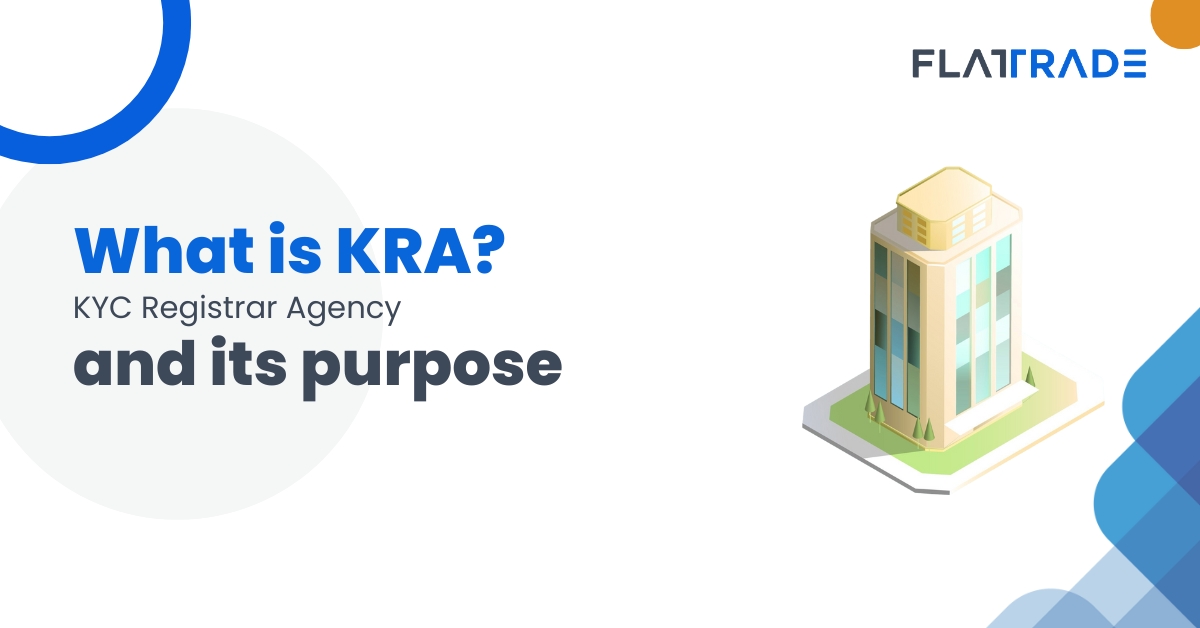Direct Payout of Securities to Client Demat Accounts
Starting from 11 November 2024, shares bought will be directly credited to the customer’s Demat account through net settlement.
Current Process: How Securities Are Credited
Under the current system, after investors purchase securities, the Clearing Corporation (CC) first credits these securities to the broker’s pool account. The broker then transfers the securities to the buyer’s demat account. The broker holds control of these securities until the final transfer is made to clients.
In some cases, brokers use a method known as “direct payout for net settlement,” where securities are matched between buyers and sellers, allowing the CC to credit shares directly to some buyers. However, complexities such as short delivery—when sellers fail to deliver shares—require brokers to resolve these situations through market purchases or auctions.
New SEBI Guidelines
SEBI’s new guidelines will transform this process by enabling the CC to credit securities directly to investors’ demat accounts, removing the intermediary role of brokers in most cases. The changes will occur in two phases:
Phase 1: November 11, 2024 – January 13, 2025
During this phase, direct credit of securities will be introduced for equity cash segments and physical settlements. However, in certain situations, such as rejected payouts, inactive accounts, or excess securities from clearing members, securities may still be temporarily credited to the broker’s pool account.
The second phase will extend the direct payout system to all security transactions, including Securities Lending and Borrowing (SLB) and Offer for Sale (OFS). At this stage, the broker’s involvement in the settlement process will be minimized, and the Clearing corporation will directly manage auction settlements in cases of short delivery, eliminating the need for brokers to participate in auction processes.
Changes in the Pledge Process
Currently, when investors purchase securities using a margin trading facility (MTF) or without full payment, brokers handle the pledging of securities, marking them as pledged until payment is complete.
Under SEBI’s new rules, brokers will no longer manage pledges directly. Instead, if full payment is not made, brokers will instruct the Clearing Corporations to mark the pledge in the client’s demat account, ensuring a more direct and secure transaction process.
What Changes for Investors?
For retail investors, nothing changes. The new changes will largely take place behind the scenes and will not require any action on investors’ part. However, the direct credit of securities aims to make the settlement process more efficient, reducing delays and increasing the safety of clients’ securities.
Changes introduced by regulators, such as Segregation of client funds, Block Mechanisms, Pledge Mechanisms, Leverage restrictions in F&O, and Downstream of client funds, have made capital markets much more secure and built trust for investors.







